Innovation Radar Prize 2022 has taken another step towards announcing the winner for this year. After a shortlist of innovations were selected from over 300 applicants by the Innovation Radar Prize Committee, they were submitted for open voting. The votes are in and we finally know the 12 finalists running for glory across three categories.
The winners across the categories of ‘purpose-driven & green’, ‘disruptive health’, and ‘kickstarter’ will be selected via an e-pitching event on November 15. This virtual pitching event will be held from 9:30 CET to 12:30 CET. You can register for the event here.
Innovation Radar Prize e-pitching event: what you need to know
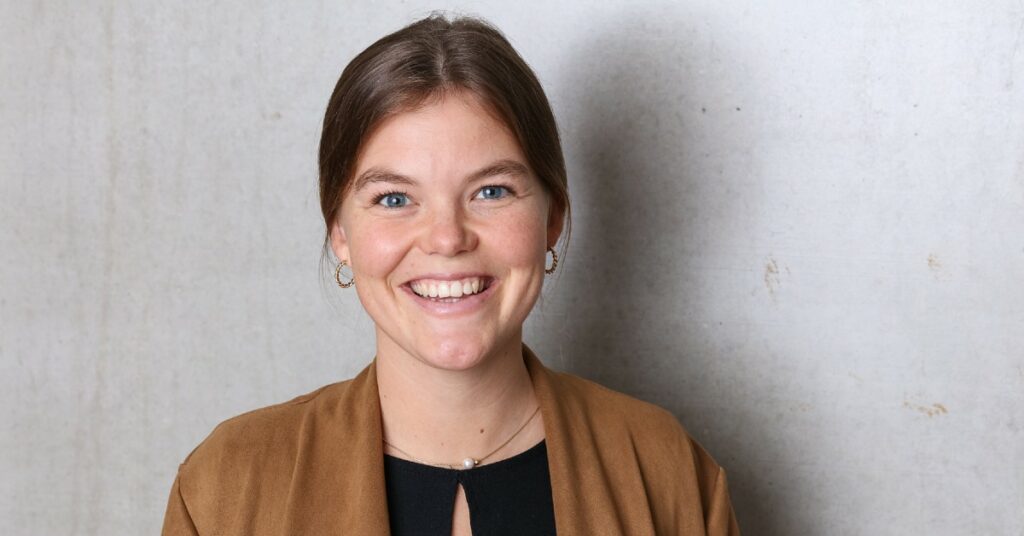
Since 2015 the European Commission has been awarding the annual Innovation Radar Prize to great EU-funded innovators. The event aims to put a spotlight on the high-potential innovations trying to get “out of the lab and into the market.”
The Innovation Radar was created to identify breakthrough innovations and innovators emerging from the EU’s Horizon 2020 and Horizon Europe programme that have the potential to scale up and become champions in their respective industries. It is supported in achieving this goal by Dealflow.eu, a Horizon Europe project focused on getting high-potential EU-funded innovations to market and supporting the innovators in fulfilling the market potential of their innovations.
It also offers unique visibility to innovators showing the most promise on the journey of commercialisation. After more than 300 applications were submitted for this year’s prize, the Innovation Radar Committee selected 31 applicants for the next round of open voting.
From those 31 applicants, 12 finalists have been selected across three categories and they will now get an opportunity to virtually pitch their idea for the ultimate prize. All the 12 finalists will pitch their innovation in front of a jury composed of investors and entrepreneurs on November 15. You can register for this virtual event here.
The e-pitching event will offer 6 minutes to each finalist to pitch their idea in front of the jury, followed by 5 minutes of Q&A. The event will end with an online Q&A roundtable, where each innovator will have the chance to meet directly with investors in breakout rooms. This year the jury includes Kavita Surana, Principal at IST Cube, Alexander Pass, Investment Manager at Freigeist, Mascha Bonk, associate at Ananda Impact Ventures, Cedric Odje, associate at Debiopharma, and Raquel Gaião Silva, Associate at Faber.
The overall and category winners will be announced after the event. You can sign up for this event here. Each of these participating projects has received a “significant, non-dilutive, EU funding” allowing them to develop their breakthrough innovations. The e-pitching event is also an opportunity for early-stage VC funds and business angels to invest in innovative ideas before they reach the market.
Purpose-Driven & Green: A look at the finalists
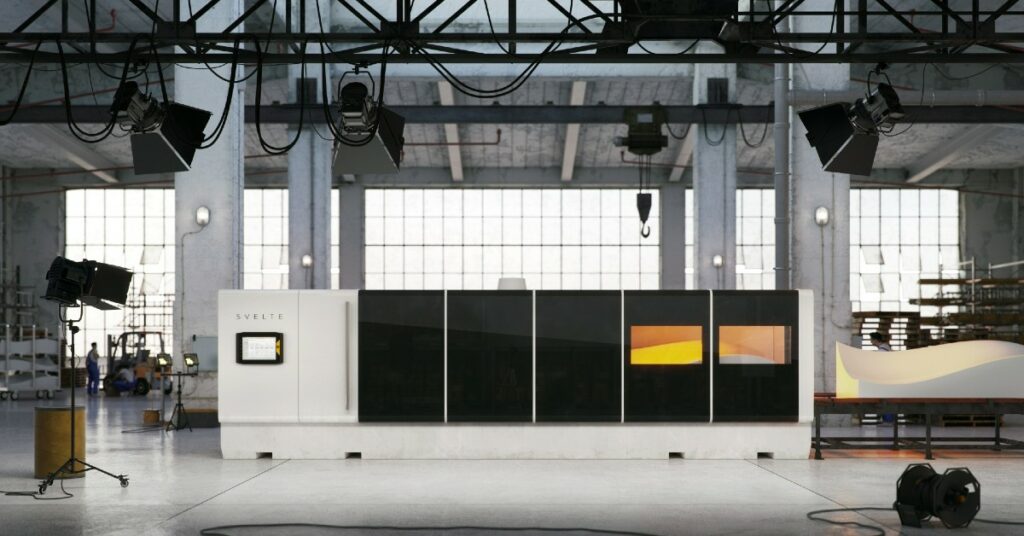
This category aims to put a spotlight on startups in the greentech space addressing the modern day concerns including climate change. The impact of climate change is profound but the effect it has on food production needs to be addressed immediately. We are seeing that with the finalists of this year’s Innovation Radar Prize 2022.
- ALGAplus: Portugal-based ALGAplus farms and pre-processes high-quality organic seaweed for the national and international markets of food, cosmetics, feed additives, and green chemistry. With this farming process, the startup is able to recreate what occurs naturally in the system. ALGAplus is promoting bioremediation of the aquatic environment by reducing the amount of nitrogen and carbon compounds released.
- INOQ: Germany’s INOQ develops plant-beneficial microbial biostimulants to support sustainable agriculture. The startup says its patented production process allows production of high-quality and highly concentrated mycorrhiza formulations. INOQ’s products promote resilience to drought, promote plant growth, efficient nutrient uptake, water use, and soil composition.
- R3 GIS: R3 GIS is an Italian startup working on efficient management of green urban infrastructure with the measurement and maximisation of environmental benefits. The solution offered by GreenSpaces helps with reduction of urban heat islands, air air amelioration, and carbon sequestration.
- Svelte: Romania-based Svelte designs, develops, and manufactures cutting-edge solutions for production of topologically optimised construction elements. In the architectural field, this technology is proven to reduce the cost of designing and producing a building’s envelope by up to 60 per cent. The USP of technology from Svelte is that it uses 70 to 80 per cent less energy than current solutions.
Register here to watch e-pitch from Svelte, R3 GIS, INOQ, and ALGAplus
Disruptive Health: A look at the finalists
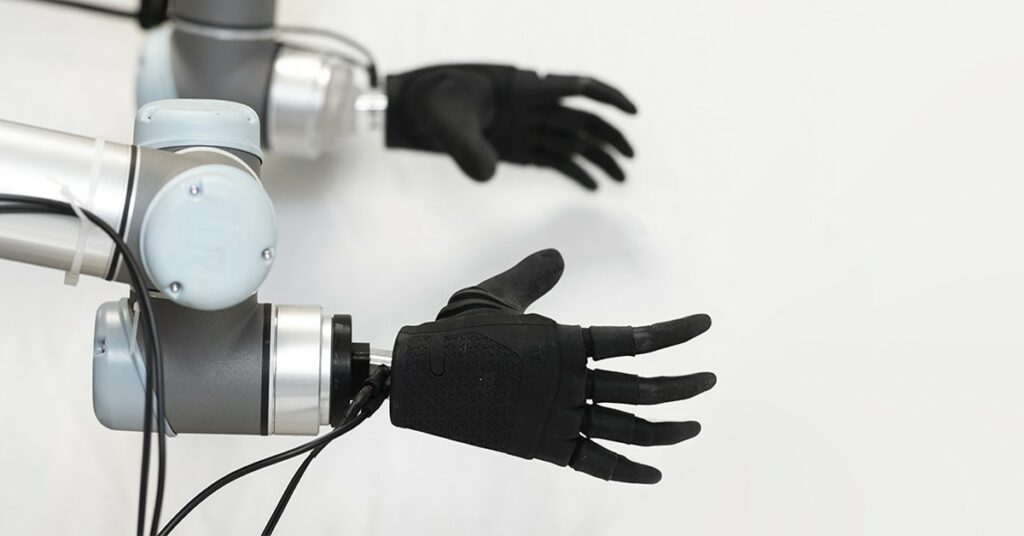
The disruptive health category showcases how the healthcare industry is moving ahead with embrace of technology to improve health and lifestyle. Here is a look at the finalists in this category.
- Biopix-T: Based in Greece, Biopix-T has developed PEBBLE qcLAMP platform as an affordable portable molecular diagnostic device. This portable device helps with the detection of pathogens and mutations in human healthcare but can also be used for veterinary, food, and industrial applications. Biopix-T’s platform shows that the point of need/care testing is the future of diagnostics.
- Innovation Sprint: Innovation Sprint is pioneering software as a medical device with Healthentia that connects patients with physicians through their smartphone devices. Through Healthensia, patients suffering from a chronic disease can report data such as vital signs. Using wearables and other medical devices, lifestyle data is captured and processed with ML to derive digital phenotypes and predict future outcomes.
- NVision Imaging Technologies: The technology developed by NVision is likely to lead to a revolution in care optimisation, including better outcomes, less toxicity, and lower cost. It has developed a quantum-based platform that polarises natural metabolites, allowing for these safe molecules to be used as an agent for imaging tumour metabolism via standard MRI.
- Prensilia: Based in Italy, Prensilia has designed a robot hand for prosthetics and industry. Called Mia Hand, this is the first-hand prosthesis designed with the thought that people with different abilities should not hide them. The prosthesis is customisable offering the option to choose the colour as well as the texture of the palm and back of the hand and it supports grasps and gestures.
Register here to watch e-pitch from Prensilia, NVision, Innovation Sprint, and Biopix-T.
Kickstarter: A look at the finalists
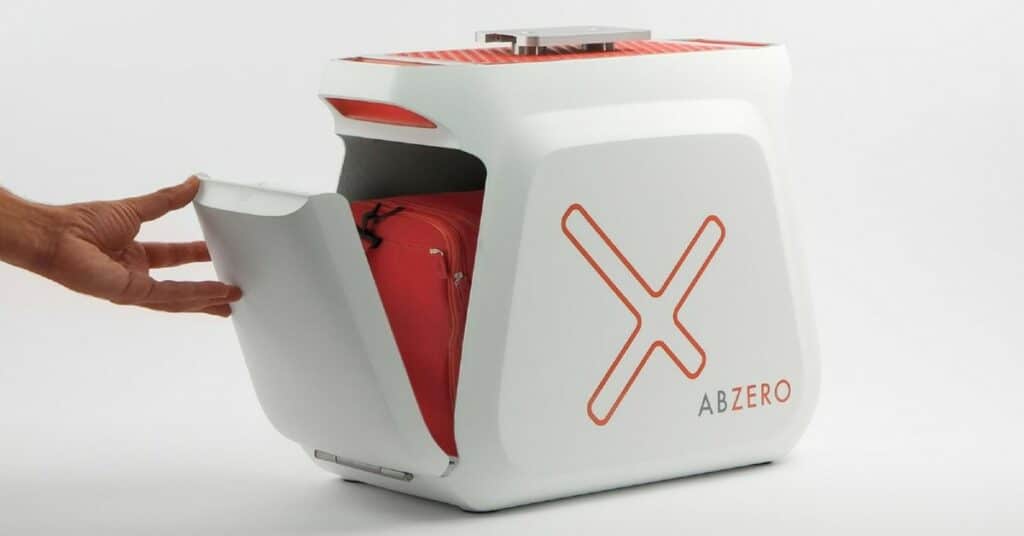
A lot of great research happens at the academy and universities in the form of research projects. The Kickstarter category of Innovation Radar Prize aims to put a spotlight on those innovations. This year’s finalists in this category are:
- ABzero: Born at Italy’s Smart Medical Theatre Laboratory, ABzero is a startup offering an autonomous multimodal system for the delivery of blood, emo components, organs and medicines via a smart capsule. AI-based Smart Capsule uses AI to provide a specialised transport service for delicate and high-value products that require quality control during transport.
- Polytechnic University of Madrid: The Institute of Solar Energy (IES-UPM) has developed AMADEUS innovation as a latent heat thermophotovoltaic battery that aims to enable supply of a cheap system that has high energy density and global efficiency. The modular system is developed using a combination of silicon-based phase change materials, and solid-state thermophotovoltaic converters.
- University of Cyprus: The entry from the Electrical and Computer Engineering department is called CIPROS innovation, a software tool enabling the combined utility of monitoring, operating, and investment planning of smart and resilient distribution systems. CIPROS will not only help tackle climate change and reach sustainability goals but will also protect digitised and decentralised distribution grids from high-impact low-probability events.
- Digital Earth Solutions: The spin-off of Spain’s CSIC wants to minimise the impact generated by oil spills in the ocean with IMPRESSIVE innovation. It has developed a unique software that is able to predict geographical evolution of any oil spill within a few minutes and with high precision. The software is also capable of forecasting its future trajectory in the ocean or studying its movement back in time to find its source.






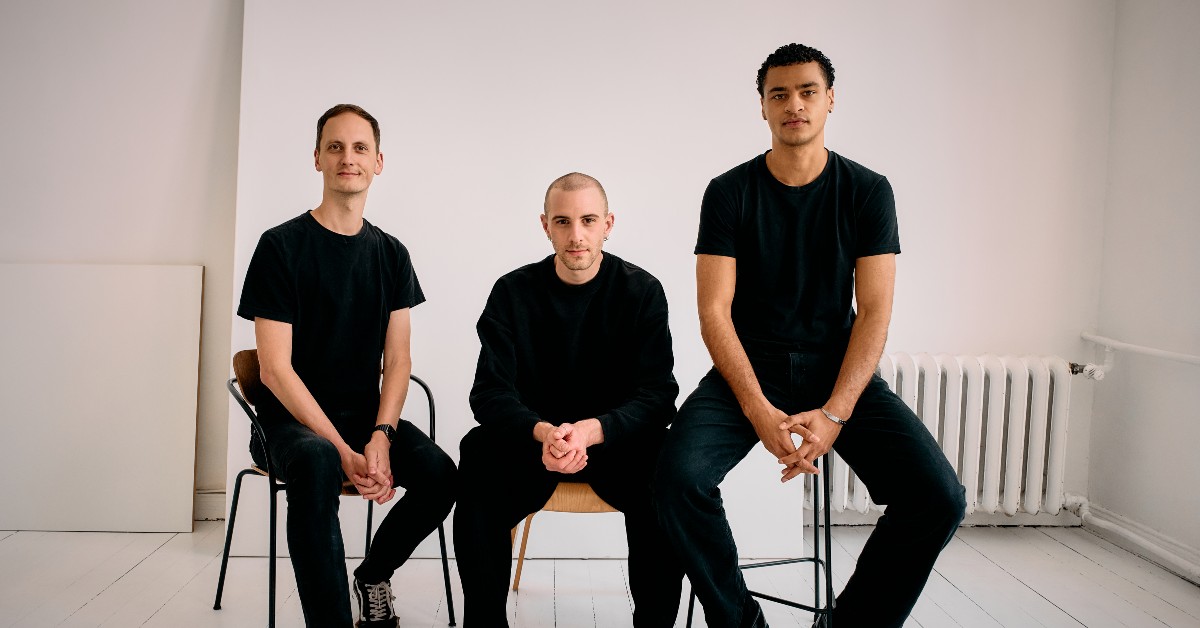
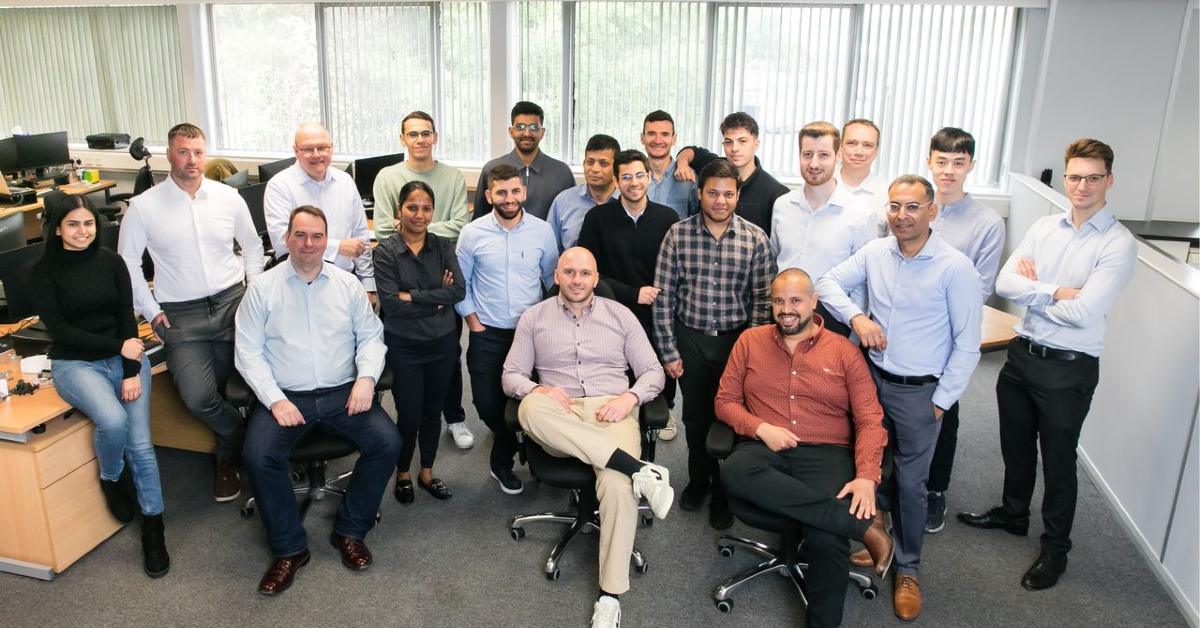
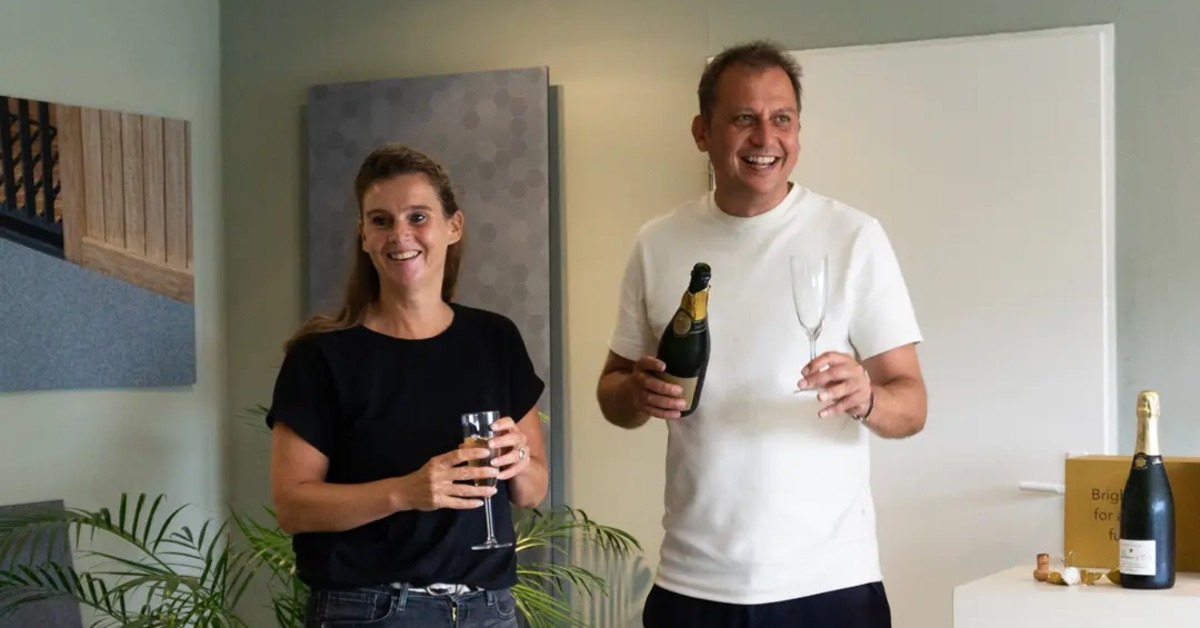

01
From telecom veteran to Dutch Startup Visa success: The Jignesh Dave story